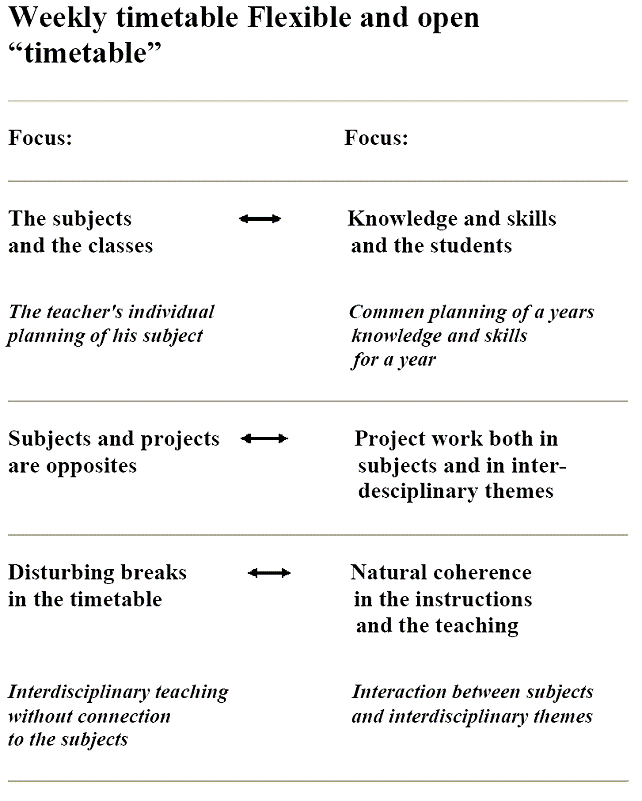Education in Greenland
There has been compulsory
school attendance in Greenland for more than
one hundred years, and illiteracy is non-existent. The teaching language is
Greenlandic, with Danish as the first foreign language.
School attendance is
compulsory, free, and takes nine years. There are one private school in Nuuk.
In 2003 a new school reform took place. It's called "Atuarfitsialak" (The good school).
Ilinniarfissuaq/The
Greenland Teacher's College was founded in Nuuk
in 1845 and is the oldest cultural institution in Greenland.
It has produced generations of teachers and a great many of Greenland's
intellectual and political elite.
Ilisimatusarfik/University
of Greenland matriculated its first students in 1984. There are four
faculties: the Faculty of Greenlandic (Greenlandic and general linguistics,
literary history), the Faculty of Administration (economics and political
science, administrative law), the Faculty of Cultural and Social Studies and
the Faculty of Theology.
Senior grammar schools/high schools are located in Qaqortoq, Nuuk
and Aasiaat. There are colleges in Sisimiut and Qaqortoq and a
number of vocational schools on the west coast.
All other higher education programmes must be followed in Denmark or abroad.
See also:
www.ankn.uaf.edu/IEW/edgreen.html
Primary schools and
special schools in Greenland
During the last few
generations, rapid development has sharpened focus on the area of education.
The conditions of our country will always demand that we develop and utilize
our human resources in the best possible manner. We can not afford to waste
even a little of the human potential latent in our people.
Just as education is
important for enabling a small population to prepare itself adequately, an
active cultural life is vital for sharing the experience of community
fellowship found in our great land, which in spite of its beauty still places
great demands on the role we play.
The primary schools in Greenland are in
many respects built up around the Scandinavian model. There are 9 years of
compulsory schooling for everyone, taught in Greenlandic. The school system
works toward advancing and developing the students' spiritual and physical
abilities and emphasizes the development of independence in balance with
respect for the student's personal and social responsibilities.
In connection with the
primary schools there are a number of special schools where a Department for
Pedagogic and Psychological Counseling (Siunnersuisarfik)
provides an opportunity to observe, examine and treat children individually.
Atuarfitsialak
From
the traditional timetable |
To
flexibility in planning |
From
- one teacher,
- one class,
- one subject,
- one lesson,
- one class room |
To
- team of teachers,
- larger family groups of students,
- lessons according to the projects
- workshop laboratories
instead of class rooms |
It's therefore necessary to develop new methods concerning:
* Educational planning/Curriculum
* Assessment/Evaluation
* Continuous training of teachers |
Open timetable

Educational statistic
Link to statistik about pupils, teachers and total expenditure in primary schools
|